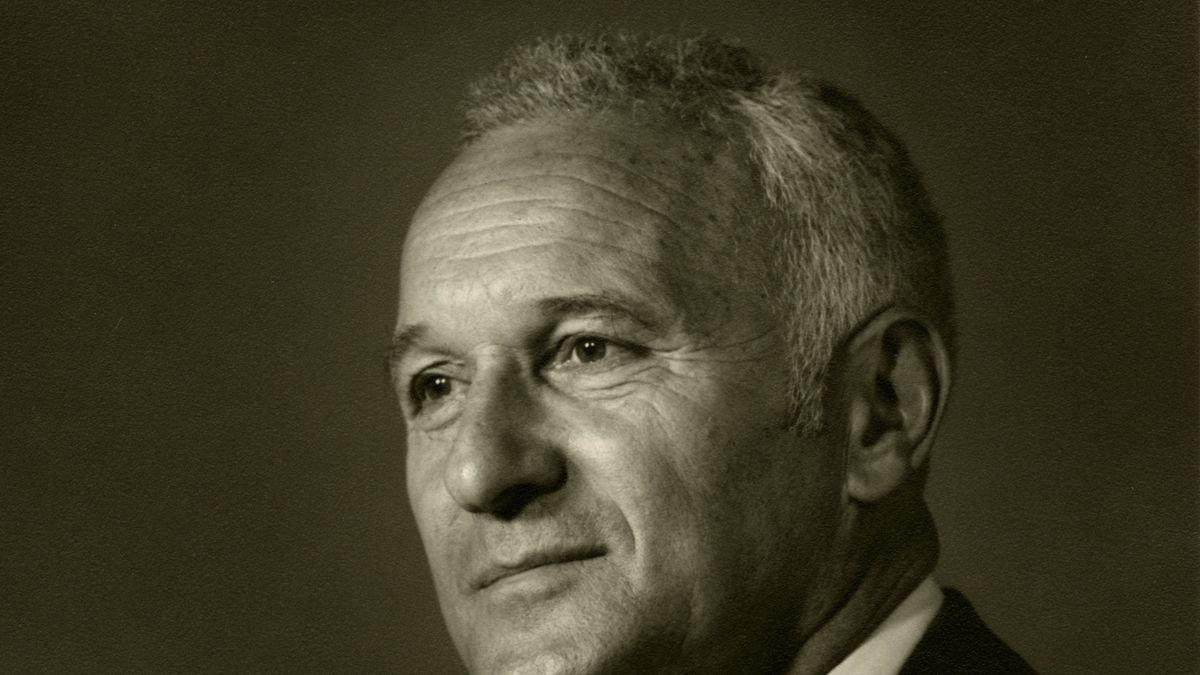MK-Ultra: The CIA’s Secret Quest for Mind Control and Its Lasting Impact

In the shadows of the 1950s and 60s, a covert operation named MK-Ultra was underway by the Central Intelligence Agency (CIA). The aim? To explore the realm of mind control by administering LSD and other psychoactive substances to unwitting individuals. As I delve into the intricacies of this clandestine program, it’s impossible not to see its far-reaching consequences that still resonate today.
The Birth of Project MK-Ultra
Project MK-Ultra was officially sanctioned in 1953, as the Cold War escalated and fears of Soviet mind control techniques intensified. President Harry Truman, unbeknownst to most, played a part in its inception. With a budget of $25 million, the CIA embarked on a mission to investigate the potential of LSD as a tool for manipulating the human mind. This marked the beginning of one of the most controversial and secretive chapters in the history of American intelligence.
Robert Hunter: An Unwitting Participant and the Grateful Dead
During the era of MK-Ultra, countless individuals were unknowingly subjected to the effects of LSD. Among them was Robert Hunter, a volunteer who would later become the legendary lyricist for the Grateful Dead. Hunter’s experiences with the psychedelic drug during the MK-Ultra program left an indelible mark on his life. His songwriting became a vessel for expressing the profound transformations he underwent, and by extension, the Grateful Dead’s music became a soundtrack for the counterculture movement that swept across the nation in the 1960s.
The Unforeseen Legacy of MK-Ultra
Although Project MK-Ultra failed in its primary objective of developing a reliable method for mind control, its impact was far from insignificant. The program inadvertently contributed to the burgeoning counterculture movement and the popularization of psychedelic music. As more information about the project surfaced, the public’s trust in government institutions began to erode, leading to a growing demand for transparency and accountability.
Today, declassified documents shed light on the scope of the MK-Ultra program and the lengths to which the CIA was willing to go in the name of national security. Although the project’s initial intentions were nefarious, its legacy can be seen in the cultural shifts that took place during the 1960s and the ongoing conversation around the ethical boundaries of scientific research.
In summary, the CIA’s MK-Ultra project sought to harness the power of LSD for mind control purposes, but ultimately failed to achieve its goal. However, its impact on society was profound, influencing the counterculture movement and psychedelic music, as well as raising questions about the ethics of government-funded research. The story of MK-Ultra serves as a reminder of the delicate balance between national security and individual freedom and the far-reaching consequences of decisions made in the shadows.


